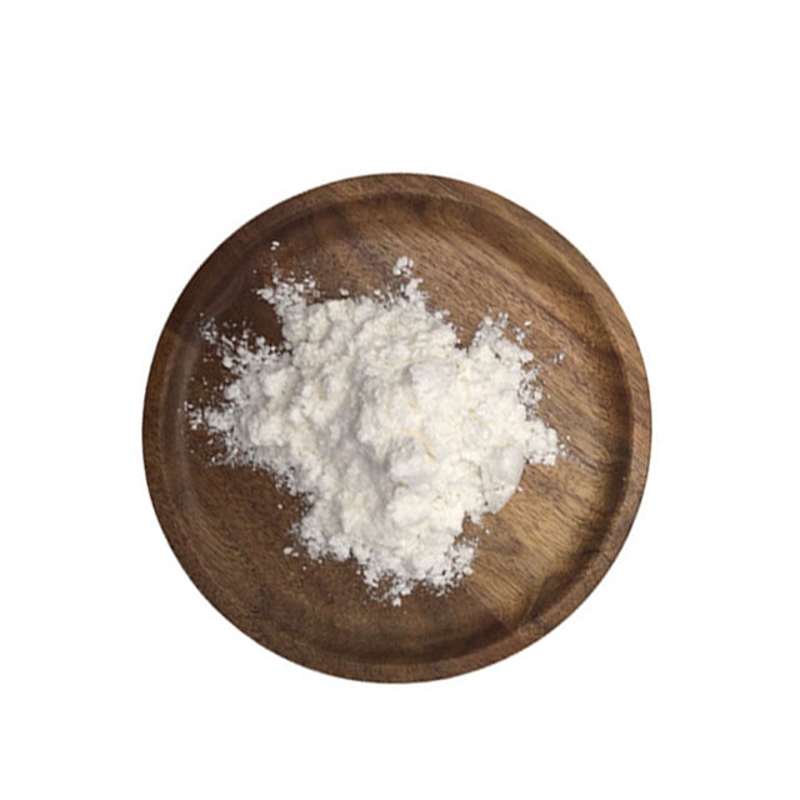-
Categories
-
Pharmaceutical Intermediates
-
Active Pharmaceutical Ingredients
-
Food Additives
- Industrial Coatings
- Agrochemicals
- Dyes and Pigments
- Surfactant
- Flavors and Fragrances
- Chemical Reagents
- Catalyst and Auxiliary
- Natural Products
- Inorganic Chemistry
-
Organic Chemistry
-
Biochemical Engineering
- Analytical Chemistry
- Cosmetic Ingredient
-
Pharmaceutical Intermediates
Promotion
ECHEMI Mall
Wholesale
Weekly Price
Exhibition
News
-
Trade Service
Obesity rates have increased at an alarming rate over the past few decades, with an estimated 44 per cent of the world's population overweight and more than 300 million people affected by morbid obesity.
obesity are the main risk factors for the coexistence of multiple diseases, including type 2 diabetes, non-alcoholic fatty liver disease and isoemia cardiovascular disease.
, the obesity epidemic has far-reaching implications for life expectancy, quality of life and health care costs.
we have a large number of bacteria in our guts that not only contribute to the synthesis of a variety of vitamins that the body needs, but also promote absorption, which is one of the important factors affecting our weight and digestion.
normally, parasitic tracts in the gut can coexist peacefully with us and maintain a dynamic balance.
But if we overeat for a long time, it can lead to changes in the divisions of the gut bacteria, which greatly increase our absorption capacity and produce more nutrients and energy than others when eating the same amount of food.
addition, changes in the number of bacteria can directly lead to obesity.
studies have been conducted both at home and abroad, and they have found that when obese people's gut bacteria are implanted into mice, mice quickly gain weight, but these species require further research.
As a result, the researchers quantified and sequenced bacterial 16S rRNA genes in blood and human adipose tissue (AT) samples (retinas, intestinal membranes, and subders) of 75 obese patients with or without type 2 diabetes (T2D), and used catalytic reported gene deposition (CARD) - fluorescent in-place hybridization (FISH) to detect bacteria in AT.
the range of bacterial DNA detected in blood and retinal, epithelial and intestinal membrane AT samples ranged from 0.1 to 5 pg / sg DNA under strict experimental and bio-informational control of contaminants.
results show that deformed bacteria and thick-walled bacteria are the main categories, and the number of bacteria with immune cell immersion, inflammation and metabolic parameters in a tissue-specific manner.
bacterial composition was different between subjects with and without T2D, including systemic and tissue-specific inflammatory markers.
, the in-body treatment of fat cells with bacterial DNA stimulates the high expression of TNFA and IL6.
This study provides evidence of bacterial transposing contamination of bacteria and bacterial DNA in AT in obesity and T2D, and confirms the important role of bacteria in triggering and maintaining subclinical inflammation of local adipose tissue and therefore affecting the metabolic sequelae of obesity.
.







